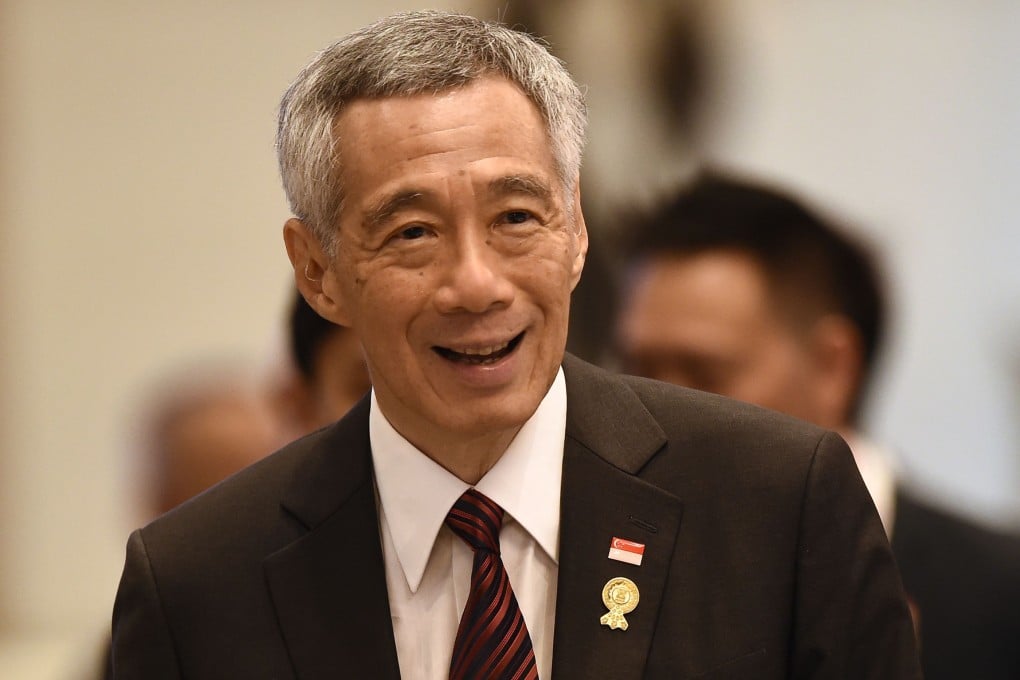Advertisement
Singapore PM Lee hopes Trump-Xi meeting on G20 sidelines will rekindle trade talks, sees Hong Kong situation as ‘difficult’
- The stalled trade war talks last month caused ‘hurt feelings on both sides’, says the Lion City’s prime minister in an interview
- Lee also feels the protests in Hong Kong are a question of sovereignty from China’s point of view, and hopes the city will ‘overcome these problems’
Reading Time:3 minutes
Why you can trust SCMP

Singapore’s Prime Minister Lee Hsien Loong on Monday said he hoped the highly anticipated meeting between Presidents Donald Trump and Xi Jinping on the sidelines of the G20 summit will rekindle trade talks between the two superpowers, after a sudden stall last month caused “hurt feelings on both sides”.
In a wide-ranging interview with Nikkei Asian Review ahead of the June 28-29 summit in Osaka, Lee also addressed Hong Kong’s ongoing political turmoil – stressing that he hoped the semi-autonomous city would “overcome these problems”.
On the scheduled bilateral talks between the Chinese and American leaders, Lee said he hoped they would have a “productive meeting in Osaka and … set things in a positive direction”.
Advertisement
But Lee, who will attend the summit with his deputy prime minister and designated successor Heng Swee Keat, also said a near-term resolution to the escalating trade war between the superpowers was unlikely.
There were some hurt feelings on both sides. So it will not be so easy to overcome the problem
Negotiations broke down in May, with Washington accusing Chinese negotiators of upending previously agreed-upon points. Beijing in turn has said United States officials had been unreasonable with their demands for changes to hundreds of Chinese laws.
Advertisement
Advertisement
Select Voice
Select Speed
1.00x